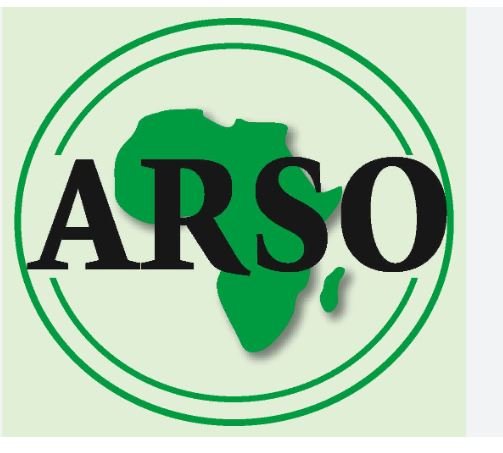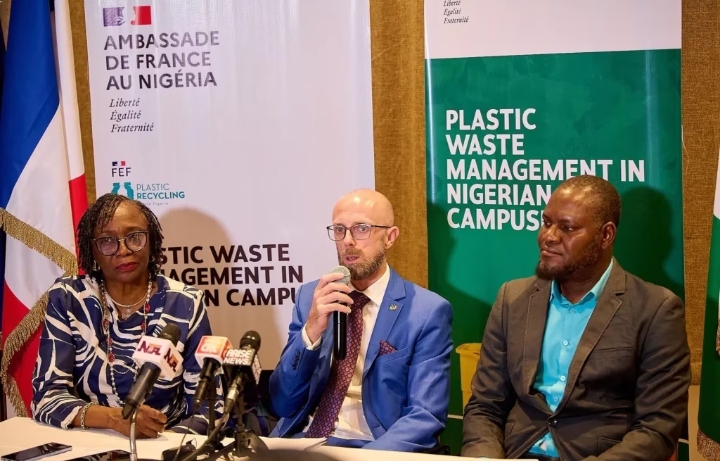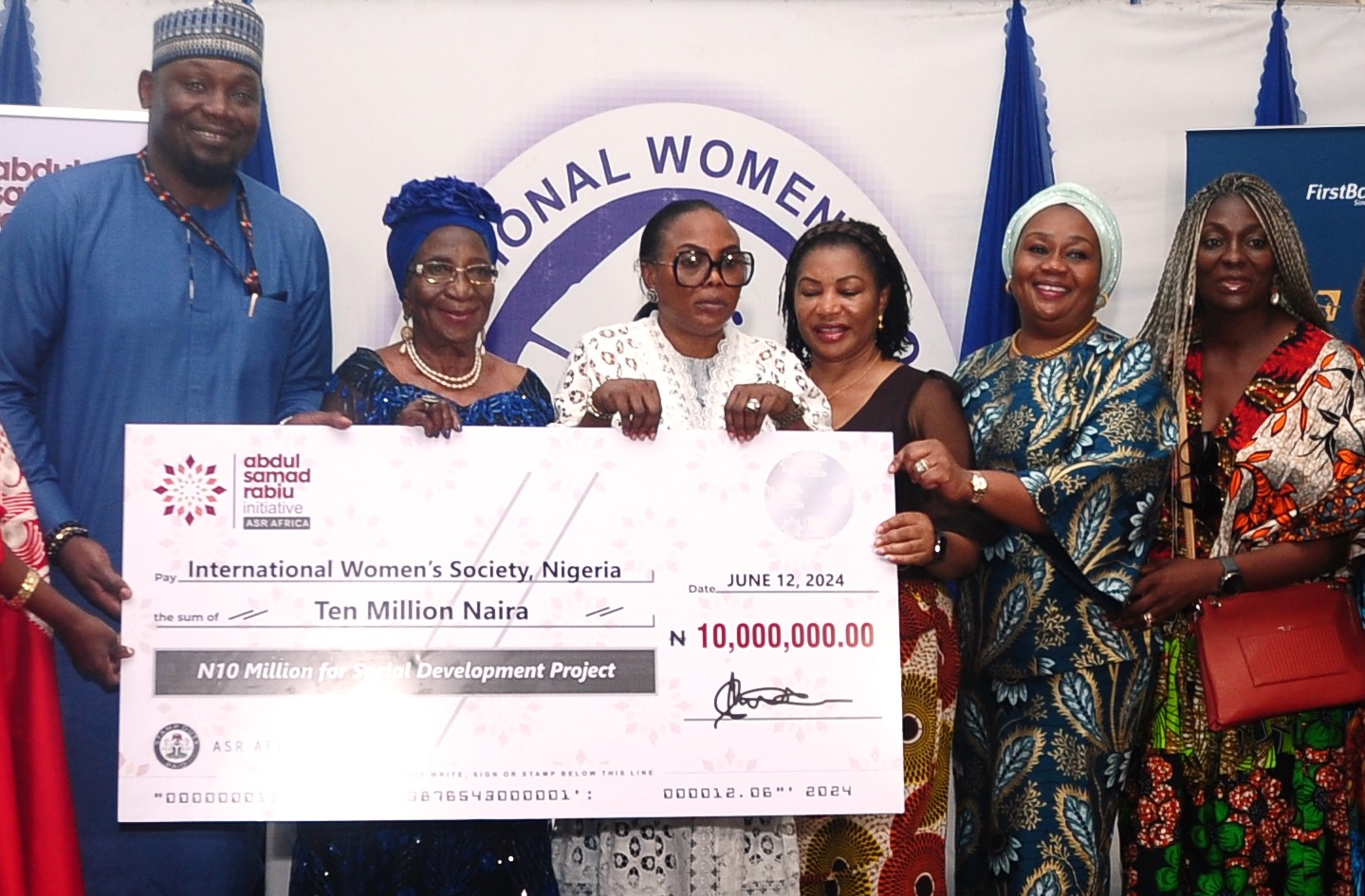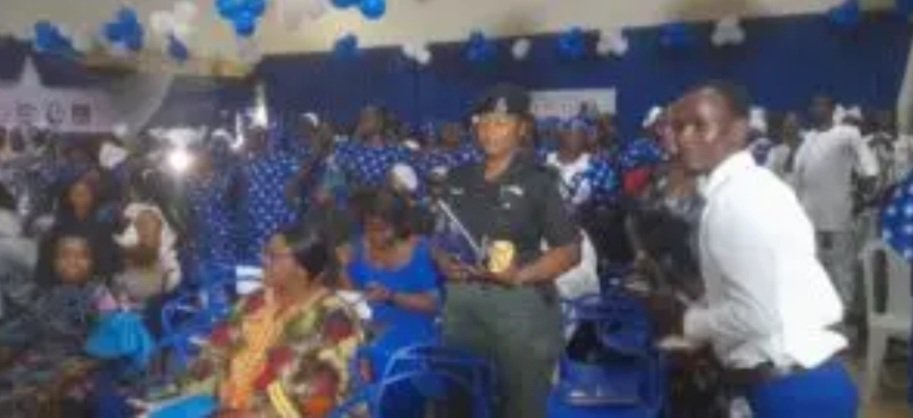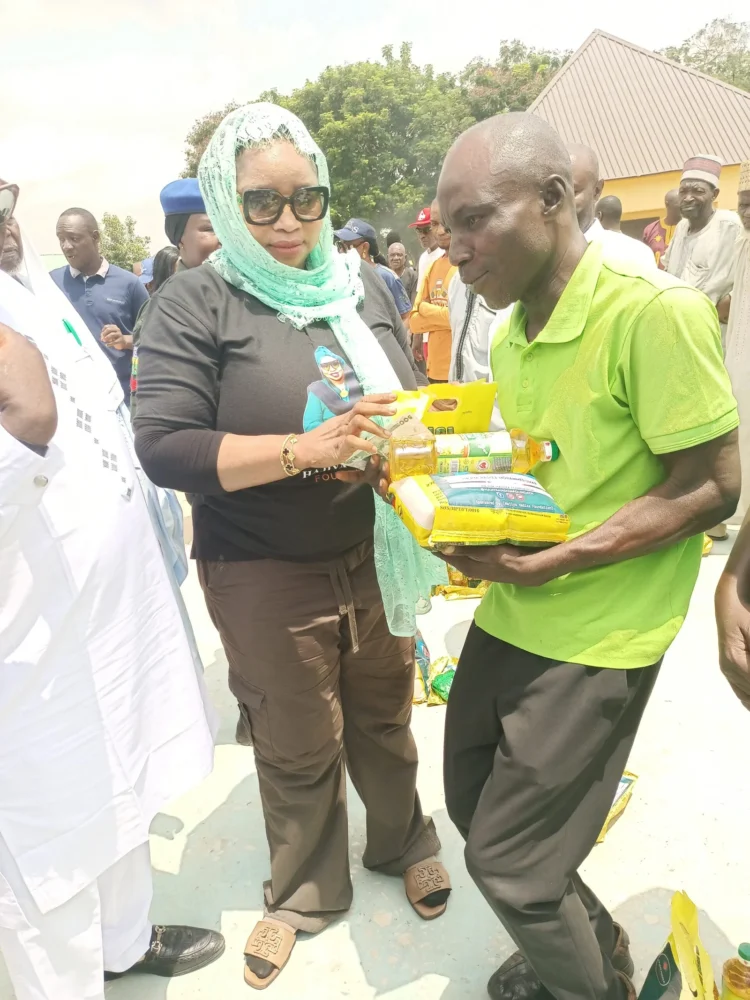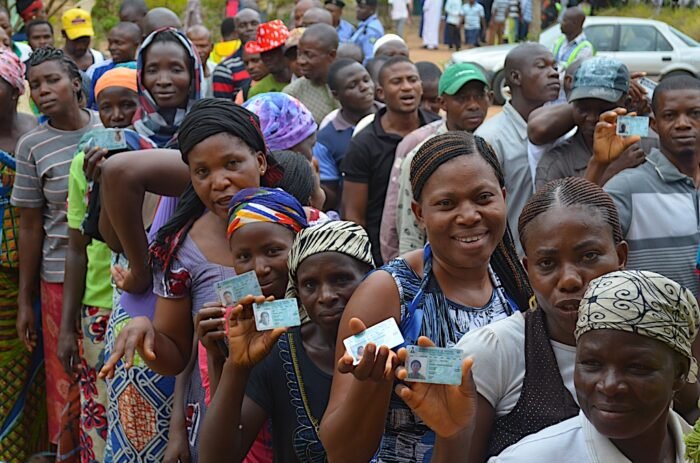Don tasks African leaders to prioritise welfare of citizens
By Nefishetu Yakubu
A University Don, Prof. Steve Iyayi has urged African leaders to prioritise the welfare of their citizens to avoid repeated military interventions as recently witnessed in the continent.
Iyayi is a Professor of Public Administration and Dean of Social and Management Sciences, WellSpring University, Benin.
He stated this while delivery the 2nd Inaugural Lecture of the WellSpring University, Benin, with the topic: “Imperative of Human Centric Governance In Sustaining Democracy in Africa: AN Insight in Niger Republic”.
Iyayi said that several decades after gaining independence, African countries were still grappling with problems of true democratic practice beyond its mere claim.
According to him, indicators of democracy like the rule of law, free and fair elections and people’s participation in state affairs are hardly present in most African countries, adding the relevant institutions that supported impactful governance were also weak, and failed to raise the people’s standard of living.
“This has significantly added to the explanations for the rather unending military interventions in most African democracies,” he said.
On the average, he said, African ranked among the top regions of the world that had experienced military coups and overthrow of constitutionally elected governments.
“Out of 54 countries in African continent, 45 have had at least one coup attempt since 1950. The total number of coups by the year 2011 was 214, with 106 of the coups being successful.
“Since then, there have been additional seven coups, all successful thereby bringing the total to 221 coups,” he said.
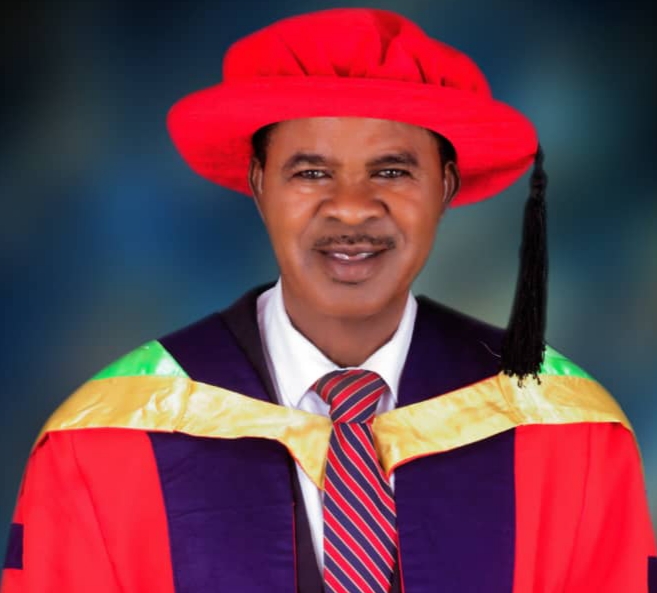
According to Iyayi, democratic governance remains generally unstable in African occasioned by mask of welfare for the people.
He noted that the current situation in Niger Republic was a reflection of the happenings in other countries in the continent with minor variations where they exist at all.
The don said that democratic governance had, therefore, not really addressed the needs of the society and the people in African region.
Iyayi stressed that the welfare of the people should be prioritised and necessary environment created for them to participate in the affairs of their country.
He said that there was an urgent need to reduce the cost of governance in Africa because the costs were adversely affecting the welfare of the people, adding that, “African leaders should evolve workable strategies to fight and reduce poverty in all forms to a tolerable level”.
The Vice-Chancellor of the university, Prof. Isaac Ajayi commended Iyayi for the robust lecture which provided insight into Africa’s problems and proffered solutions to them.
Ajayi urged him not to relent in his research efforts and academic pursuit because the education sector would always need researchers like him. (NAN)(www.nannews.ng)
Edited by Joe Idika







